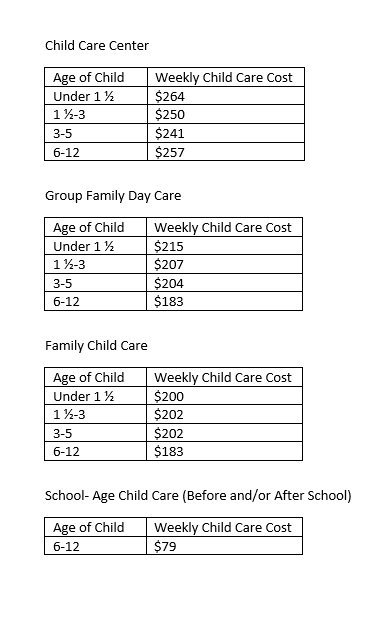Average Cost Of Daycare In Omaha Ne
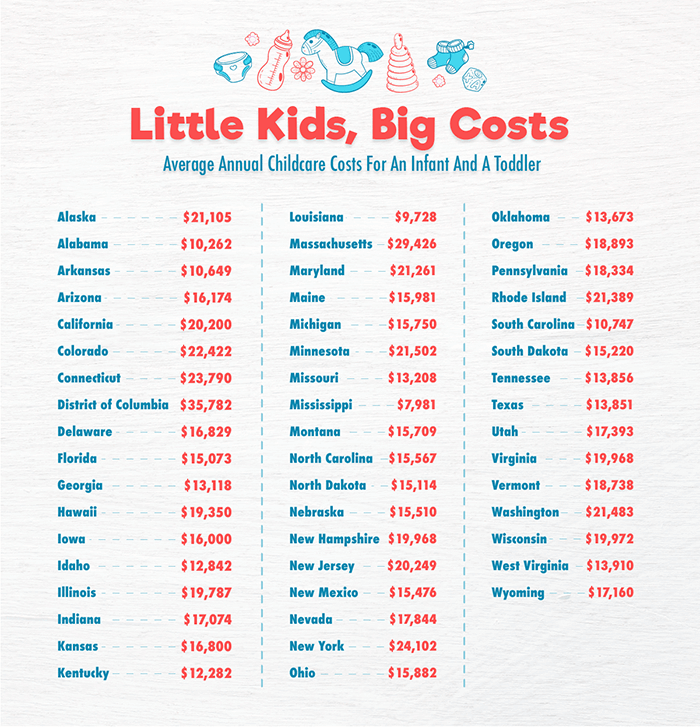
Omaha families are facing a daunting reality: the high cost of childcare. Many parents are struggling to balance work and family responsibilities while grappling with ever-increasing daycare expenses.
The cost of daycare in Omaha, Nebraska, has become a significant burden for many families, often exceeding housing and transportation expenses. This article examines the current state of childcare costs in Omaha, the factors contributing to these expenses, and the impact on families and the local economy. It also explores potential solutions and resources available to help alleviate this financial strain.
The Current Landscape of Daycare Costs in Omaha
According to recent data from organizations like Child Care Aware of America and local surveys, the average cost of full-time daycare for infants in Omaha ranges from $1,000 to $1,400 per month. For toddlers and preschool-aged children, the cost is slightly lower but still substantial, typically falling between $800 and $1,200 per month.
These figures represent a significant portion of the average household income, particularly for families with multiple children. The price can vary depending on the type of care, the location of the facility, and the age of the child.
Factors Influencing Daycare Costs
Several factors contribute to the high cost of daycare in Omaha. One primary driver is the staff-to-child ratio required by licensing regulations.
Maintaining low ratios ensures quality care and safety but necessitates hiring more staff, increasing operational expenses. The cost of qualified and experienced childcare providers also plays a role, as centers must offer competitive wages to attract and retain talented individuals.
Additionally, the rising costs of rent, utilities, insurance, and supplies contribute to the overall expense of operating a daycare facility. Accreditation and specialized programs, such as those with educational or developmental focuses, can further increase costs.
The Impact on Families and the Economy
The high cost of childcare has profound implications for families in Omaha. Many parents, especially mothers, are forced to choose between working and staying home to care for their children because the cost of daycare outweighs the potential income earned.
This can limit career opportunities and financial stability for families, perpetuating economic disparities. Furthermore, the struggle to afford quality childcare can impact children's development, particularly for those from low-income households.
From an economic perspective, the lack of affordable childcare can hinder workforce participation and productivity. Employers may struggle to retain employees who are unable to find or afford adequate childcare, leading to absenteeism and decreased morale.
Exploring Solutions and Resources
Addressing the childcare affordability crisis requires a multifaceted approach. Increased government funding for childcare subsidies and tax credits could help low- and middle-income families afford quality care.
Advocacy groups like Nebraska Children and Families Foundation are working to increase awareness of the issue and advocate for policy changes. Employer-sponsored childcare benefits, such as on-site daycare or financial assistance, can also provide valuable support to working parents.
Furthermore, exploring alternative childcare models, such as co-ops or shared nanny arrangements, could help families reduce costs. Strengthening existing childcare assistance programs, like the Child Care and Development Fund (CCDF), is essential to ensuring access to affordable care for all families.
Looking Ahead
The future of childcare in Omaha depends on collaborative efforts from policymakers, childcare providers, employers, and families. Investing in early childhood education and making childcare more accessible and affordable is crucial for the well-being of children, the economic stability of families, and the overall prosperity of the community.
Continued dialogue and innovative solutions are needed to address this pressing issue and ensure that all Omaha families have access to the quality childcare they need. Ignoring the problem will only exacerbate existing inequalities and hinder the city's economic growth.
By prioritizing childcare affordability, Omaha can create a more equitable and supportive environment for families and build a stronger future for its children.
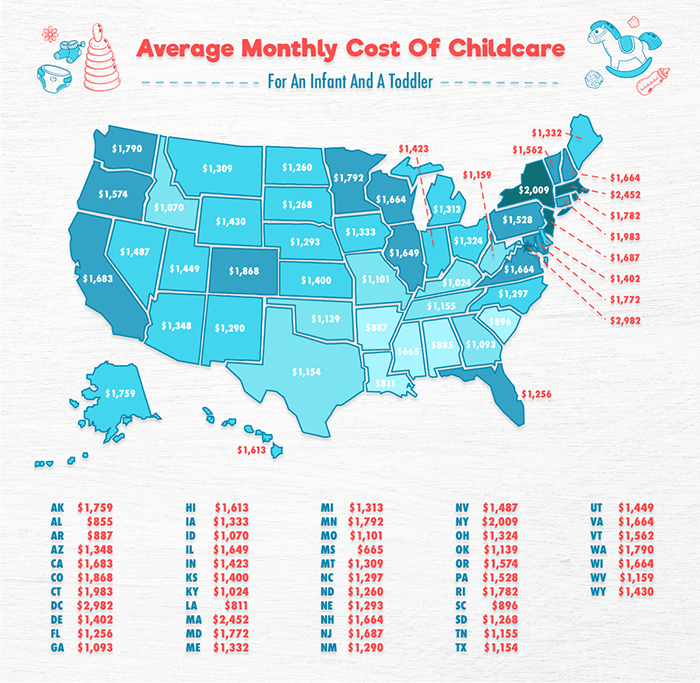
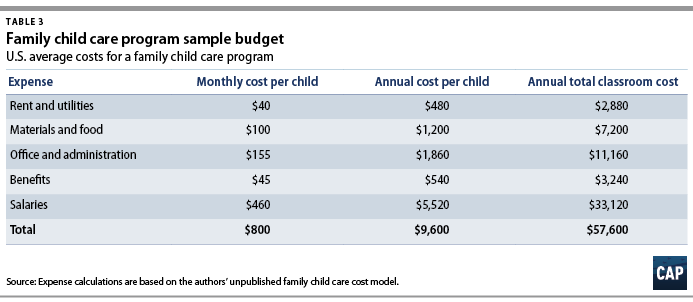

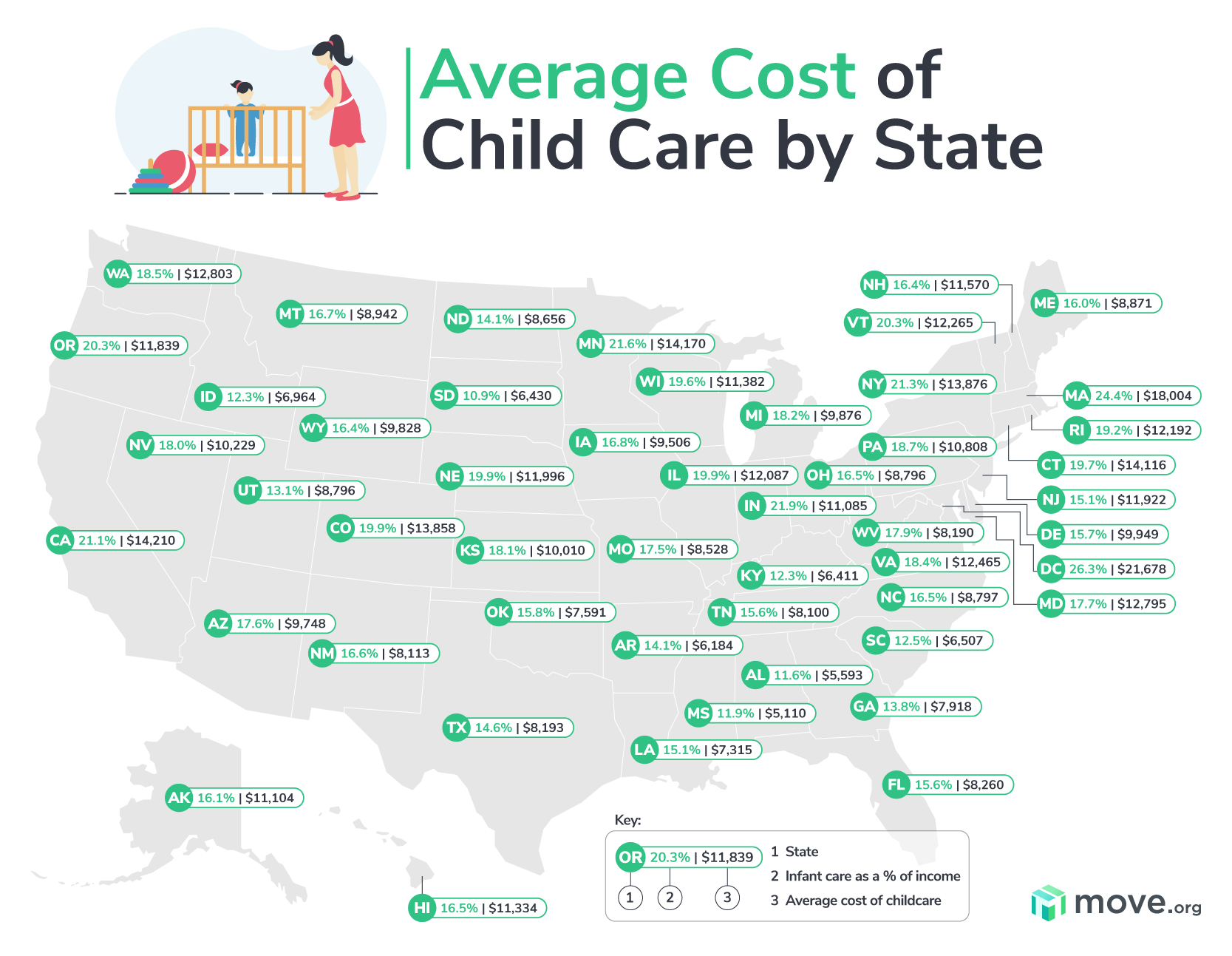
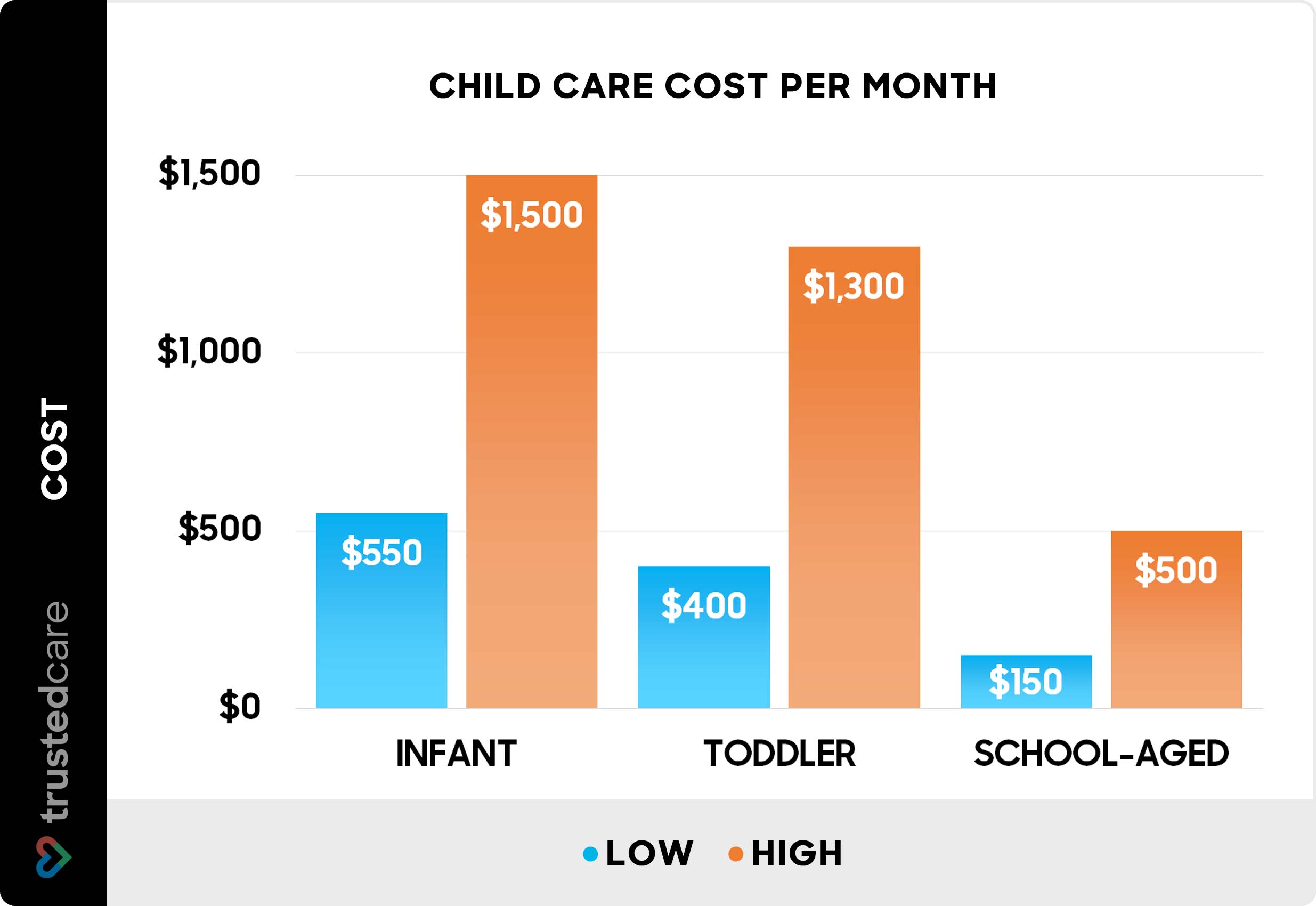
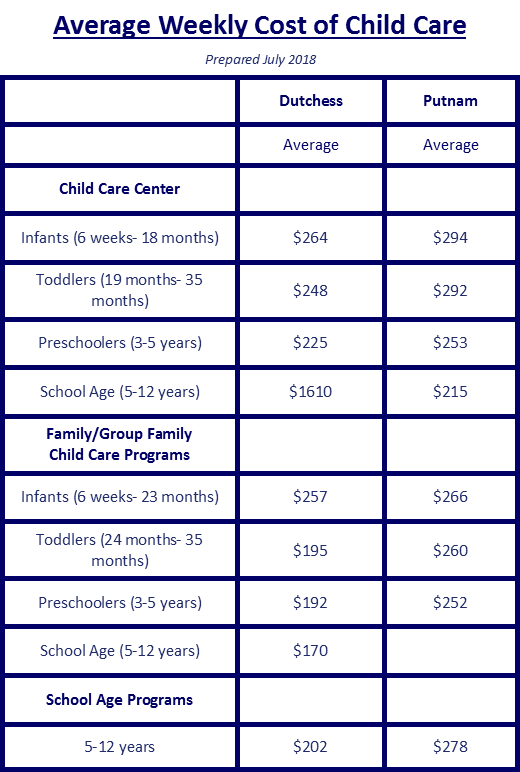


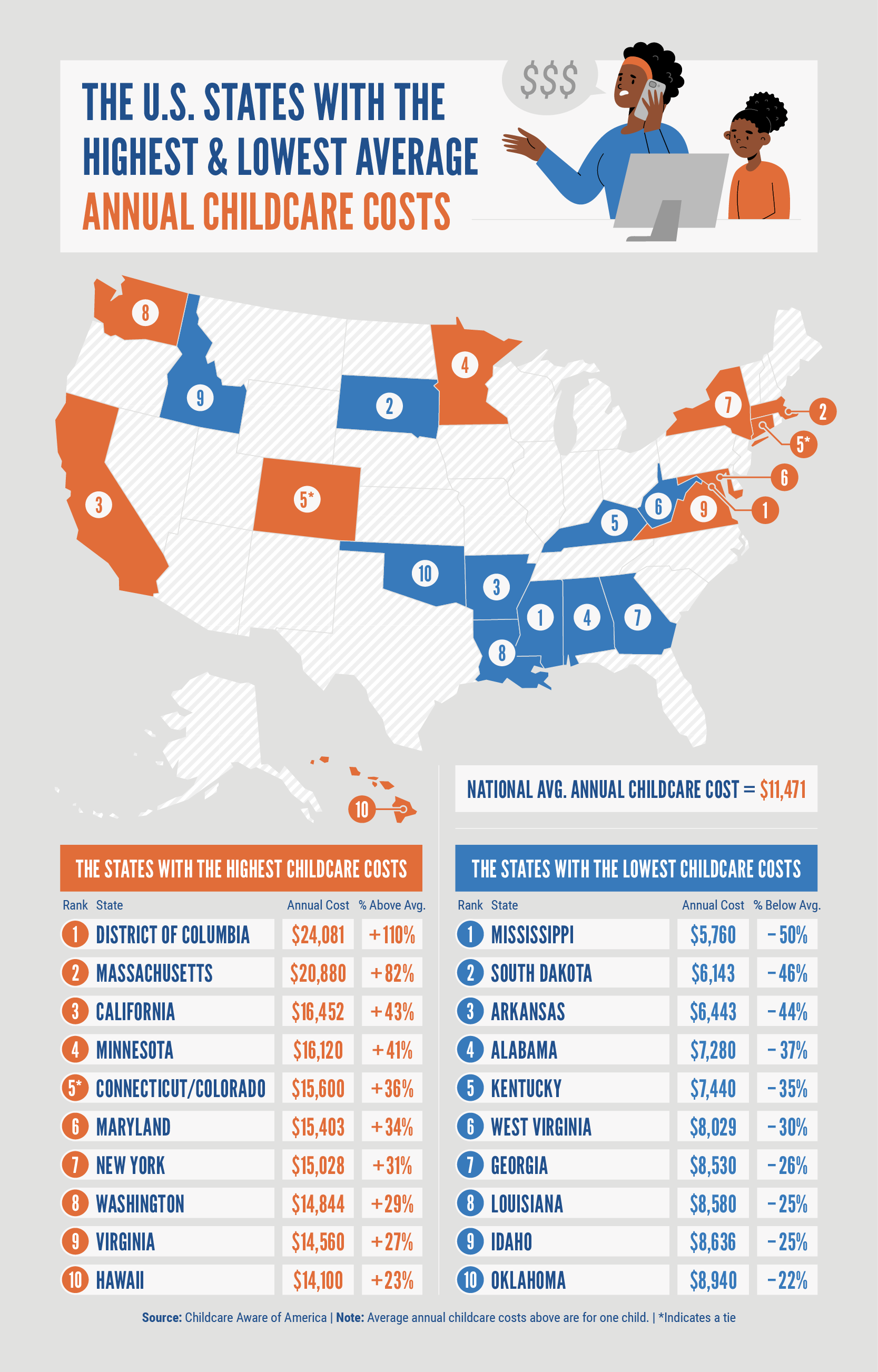
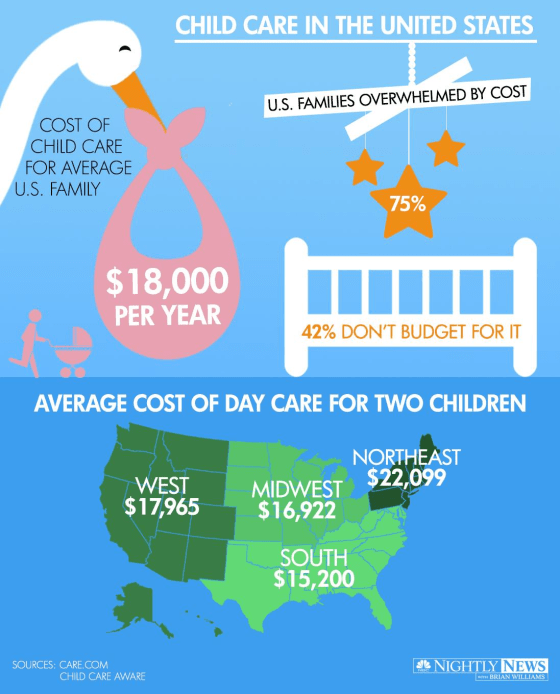
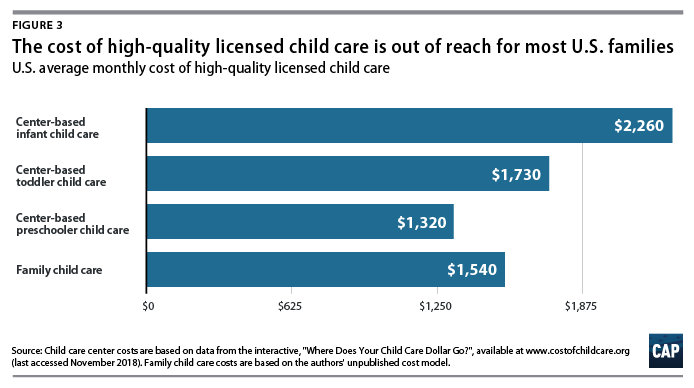

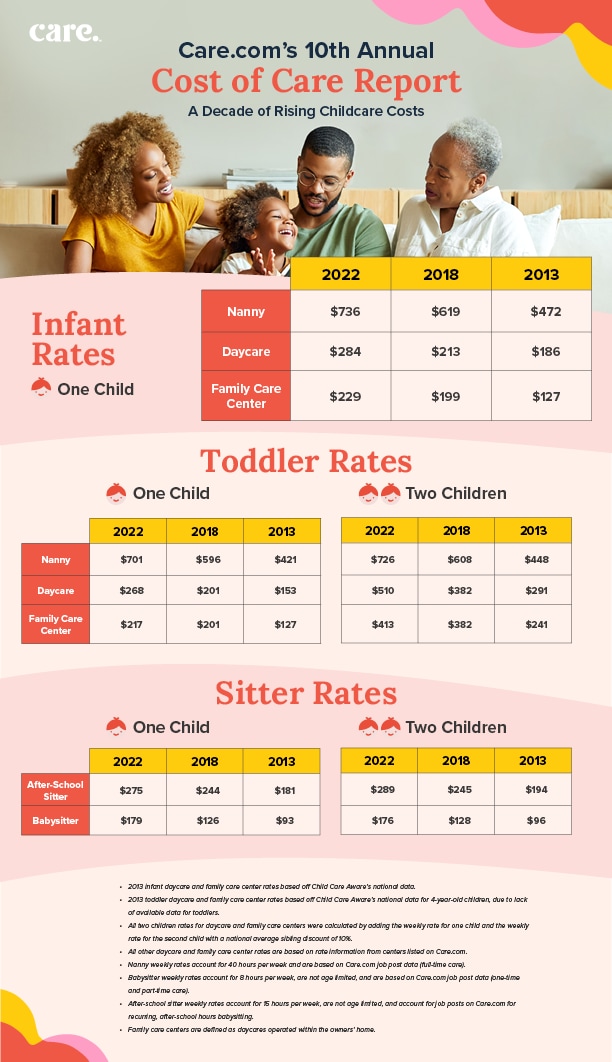
![Average Cost Of Daycare In Omaha Ne 30+ Essential U.S. Child Care Statistics [2023]: Availability, Costs](https://www.zippia.com/wp-content/uploads/2022/02/average-weekly-cost-of-child-care-by-provider.jpg)



